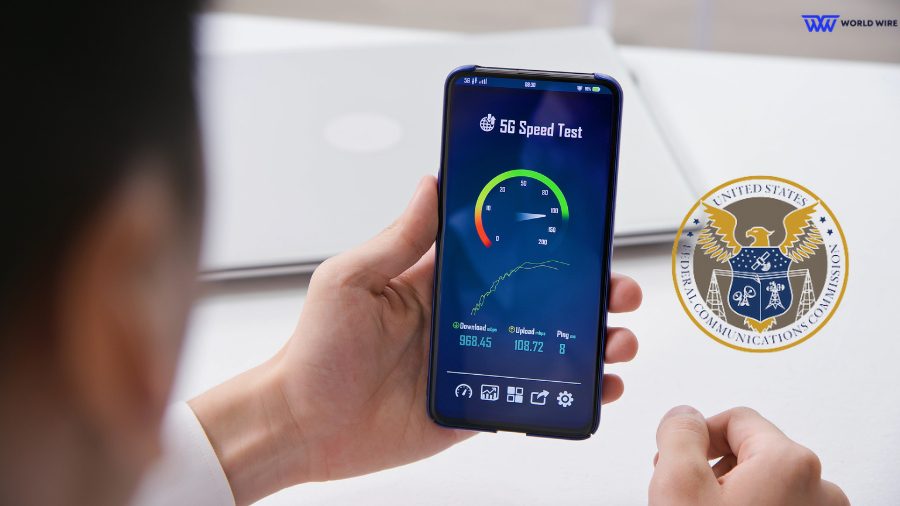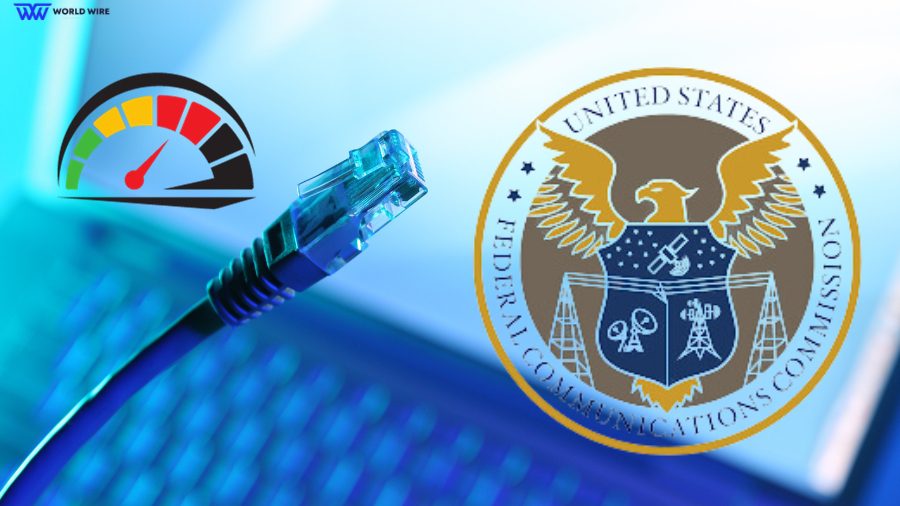The Federal Communications Commission has raised the broadband speed benchmark to achieve its objective of providing all Americans with reliable broadband service.
Here are the details of the news.
FCC seeks input on upgrading national broadband speeds
In an attempt to fulfill the growing demands of internet users, the United States communication regulatory body, the Federal Communications Commission (FCC), has proposed to raise the national fixed broadband speed benchmark in its recent Notice of Inquiry (NOI).
The decision comes after eight years since the FCC set the broadband speed benchmark at 25/3 Mbps in 2015. In its new NOI released this week, the FCC has put forward a change in broadband speed, increasing the benchmark to 100/20 Mbps.
The NOI is a means for the FCC to assess the broadband services in the country. It serves as a source get information from the public, industry experts and other stakeholders about the availability and quality of broadband services and to ensure that services in the nation are by the Telecommunications Act of 1996.
As per the rules of this act, the FCC must check and report on the development of broadband to American citizens. The act also authorizes the FCC to take necessary actions if the services are inadequately available, ensuring that all people, whether rich or low-income, have easy access to broadband facilities in the country.

In its recent update, the FCC has also suggested setting a ‘Universal Service Standard’ to check whether the universal service goals of the Telecommunications Act, including deployment, affordability, adoption, availability and equitable broadband access, are achieved.
In this examination of its goal achievement, the FCC will use the data collected through the Broadband Data Collection (BDC) initiative (established by the Broadband DATA Act in 2020) so that it receives accurate information on broadband availability.
FCC Chairperson Jessica Rosenworcel has asserted that raising the broadband speed benchmark is a significant development as the current standards were ineffective in serving people’s internet needs.
In her statement, Resenworsel said, “During the pandemic and even before it, the needs of internet users surpassed the FCC’s 25/3 standard for broadband.”
“This standard is not only outdated, it marks the extent to which low-income neighbourhoods and rural communities are being left offline and left behind. ”
In addition to raising the broadband speed benchmark, the FCC’s recent NOI has proposed a separate long-term goal for a gigabit speed of 1 Gbps/500 Mbps.
The commission has urged public comments on this future perspective.
Rosenworcel commented on her objective, “In order to get big things done, it is essential to set big goals. That is why we are kicking off this inquiry to update our national broadband standard and also set a long-term goal for gigabit speeds.”
Several Industry associations, such as INCOMPAS, which has long been suggesting that the FCC should increase its internet speed benchmark and the Wireless Internet Service Providers Association (WISPA), have applauded the FCC’s advancements in raising the broadband speed benchmark.
Last August, INCOMPAS advised the FCC, “Now is the time to take steps toward achieving a future of connectivity with faster speeds and affordable prices in the U.S.”







Add Comment